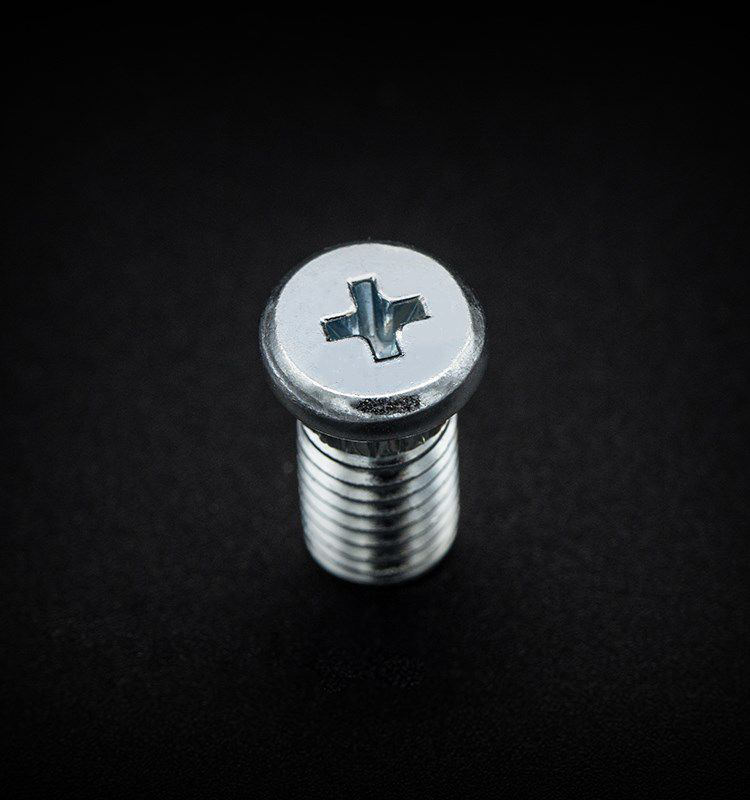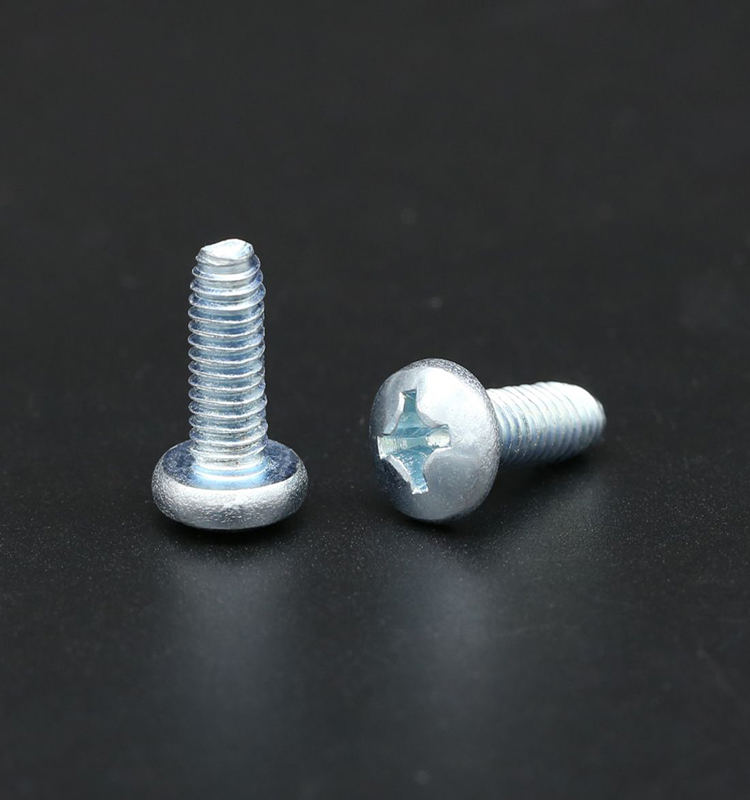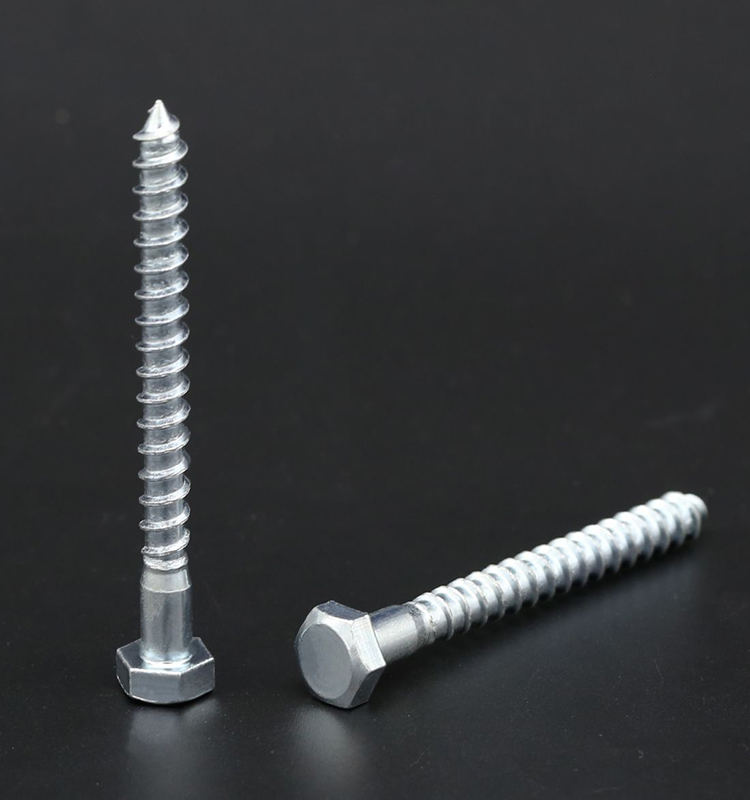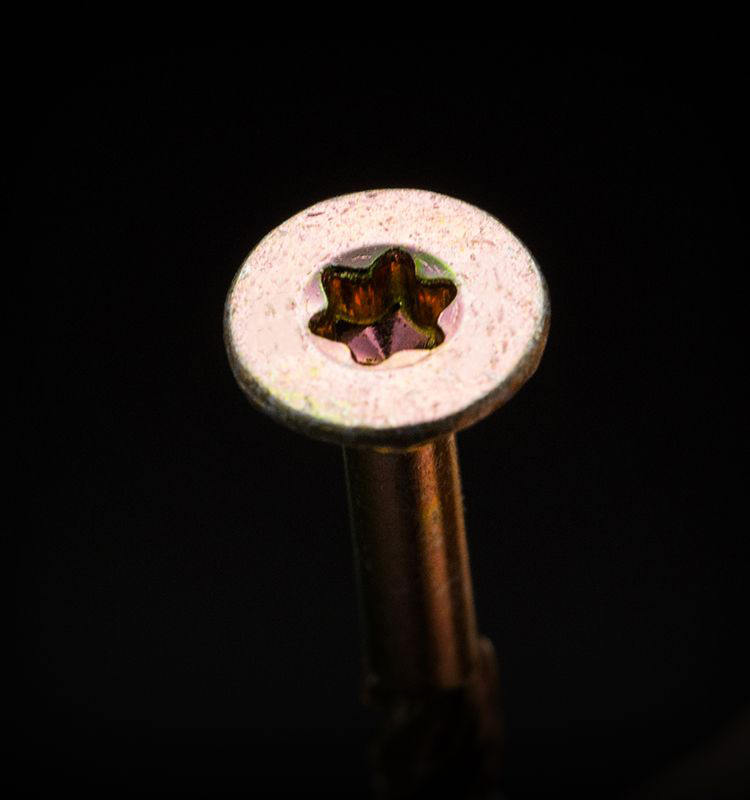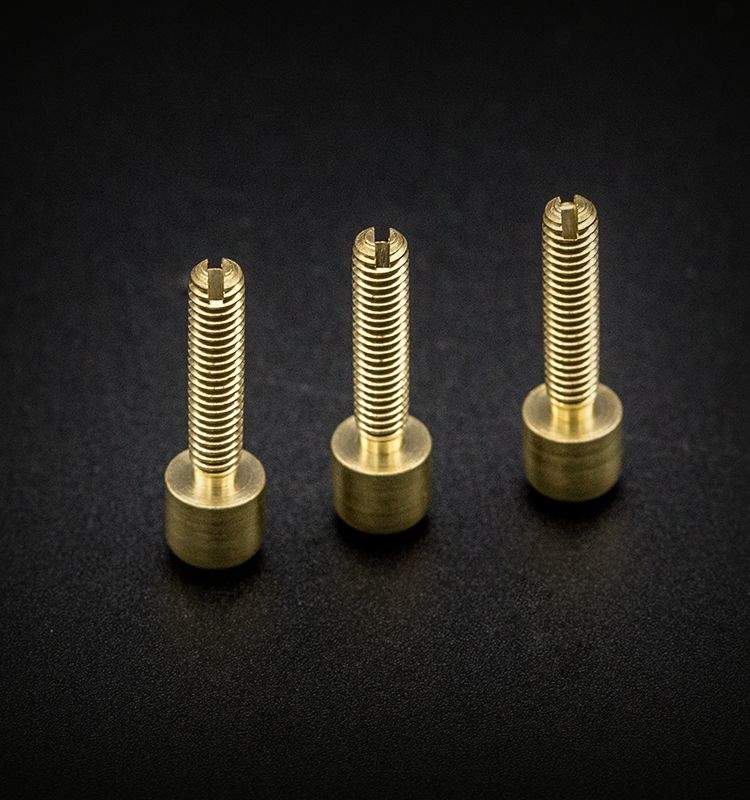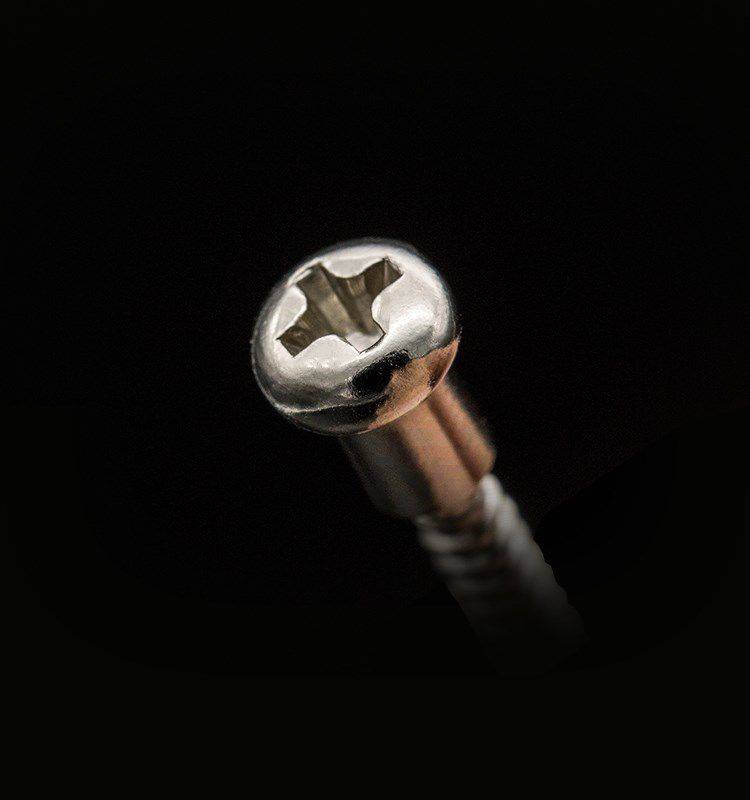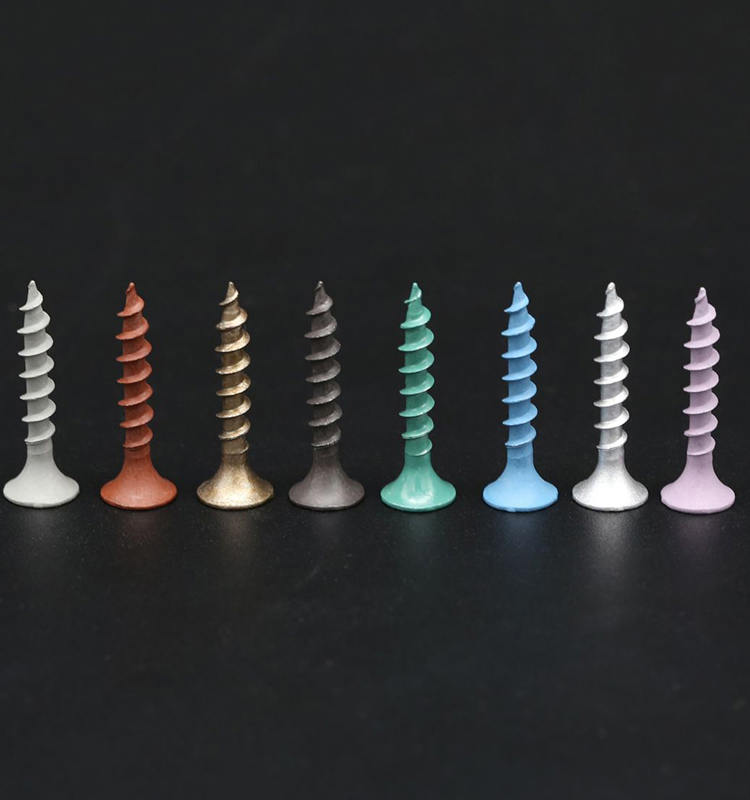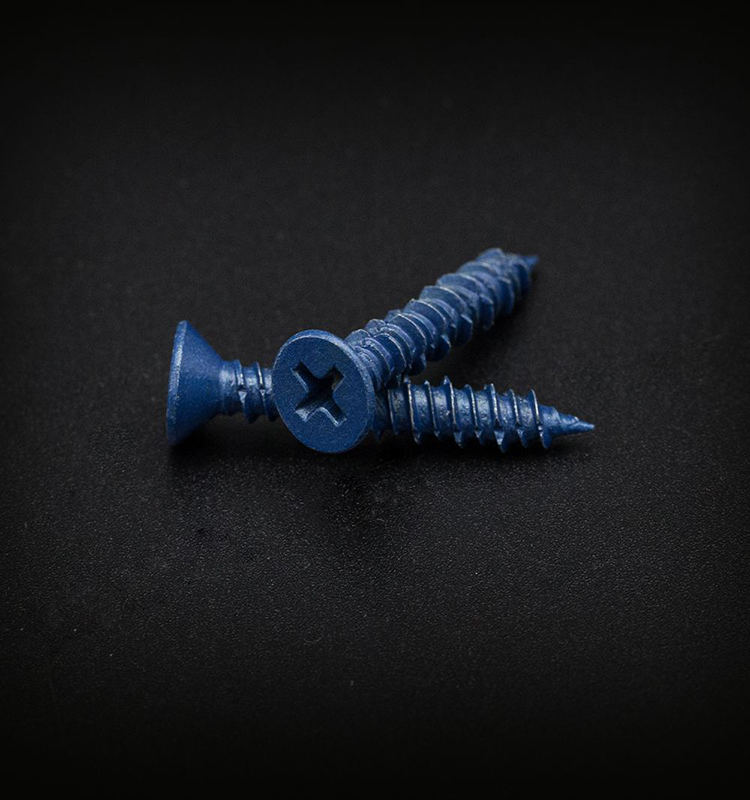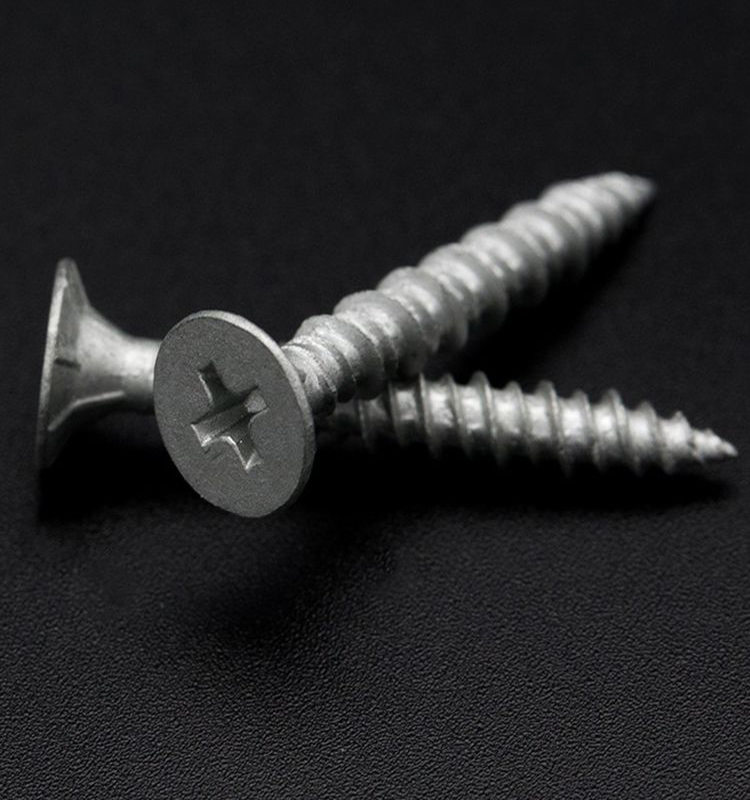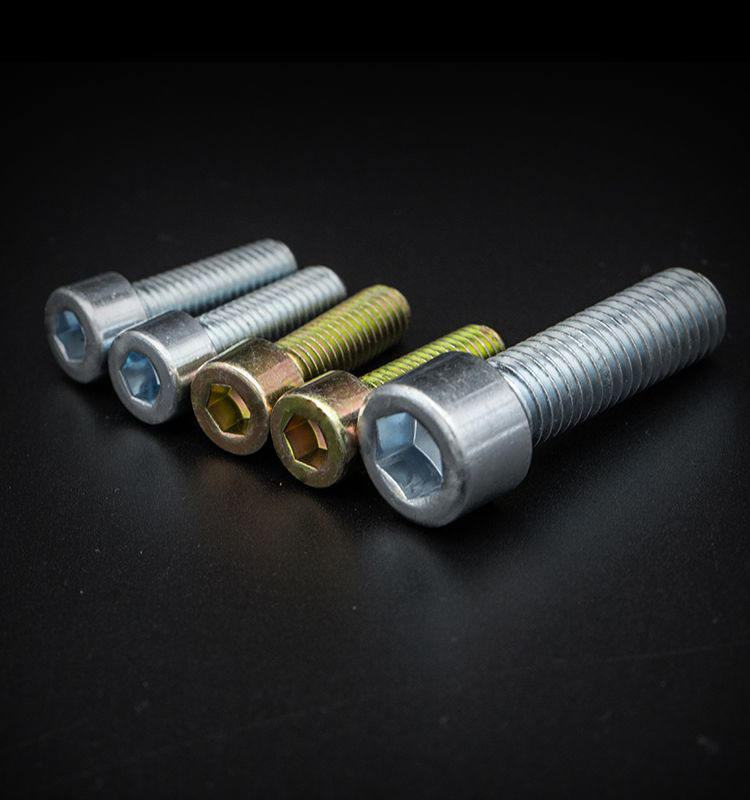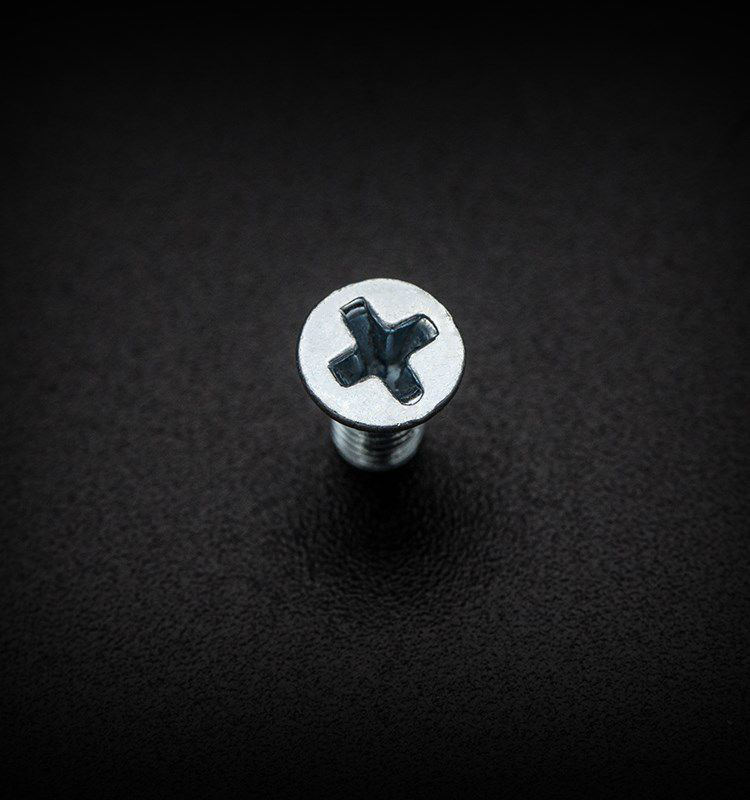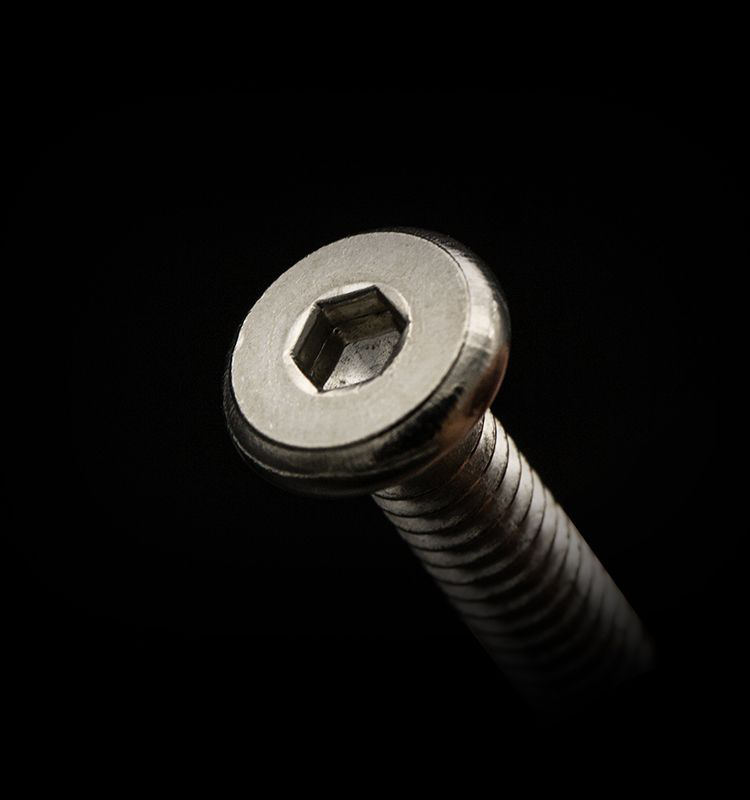In the manufacturing industry, why is it critical to cautiously pick and cling to precise system screw sizes for a given application, and the way does the choice of size impact the general overall performance and integrity of the assembled additives?
In the producing industry, the careful choice of device screw sizes is a crucial factor that significantly impacts the general performance and integrity of assembled components. The desire of system screw length isn't merely a depend of comfort or availability; alternatively, it performs a pivotal function in ensuring the functionality, balance, and sturdiness of the assembled systems. Let's delve into the key reasons behind the importance of choosing and adhering to unique device screw sizes.
1. Load Distribution and Strength:
Machine screws are regularly hired to steady components that may be subjected to diverse forces and loads. Choosing the proper length guarantees that the screws can correctly distribute and endure the anticipated masses. Using undersized screws may additionally compromise the structural integrity of the assembly, main to untimely failure or loosening of the fasteners under pressure. On the opposite hand, outsized screws can also exceed the burden-bearing ability of the substances, doubtlessly inflicting damage or distortion.
2. Thread Engagement:
The size of a machine screw directly influences the amount of thread engagement with the tapped hole or nut. Sufficient thread engagement is essential for attaining a steady and solid connection. If the screw is just too short, there might not be sufficient threads in touch, ensuing in a weaker joint. Conversely, using excessively lengthy screws might also lead to unnecessary protrusion or interference problems. Careful consideration of the screw size guarantees most effective thread engagement, selling a robust and reliable connection.
3. Compatibility with Tapped Holes:
Machine screws are designed for use with tapped holes. Choosing the perfect screw size guarantees compatibility with the internal threads of the tapped hole. Mismatched sizes can result in insufficient thread engagement, lowering the retaining energy of the fastener and compromising the overall stability of the assembly. Precise sizing is in particular important in industries wherein standardized specifications, which include the Unified Thread Standard (UNC/UNF) or metric dimensions, are followed to maintain consistency and compatibility.
4. Avoidance of Material Damage:
Selecting the right device screw size helps save you damage to the substances being joined. Using screws that are too large may purpose overtightening, main to material deformation or maybe fracture. Conversely, undersized screws may not provide enough clamping pressure, growing the chance of slippage or element motion. The proper sizing of system screws guarantees an most efficient balance between clamping force and material safety.
5. Consideration of Environmental Factors:
In sure industries, environmental conditions together with temperature versions, exposure to corrosive dealers, or excessive ranges of vibration can effect the performance of device screws. The suitable length choice, along side the choice of materials, allows mitigate the effects of those environmental factors, contributing to the long-term reliability of the assembled components.
In conclusion, the careful attention and adherence to particular device screw sizes within the manufacturing industry are paramount for attaining reliable, stable, and durable assemblies. The accurate sizing now not handiest guarantees right load distribution, thread engagement, and compatibility however also contributes to the overall nice and performance of the very last product. Manufacturers must prioritize precision in screw selection to meet the useful requirements and standards of their applications, in the long run improving the safety and longevity of the assembled structures.
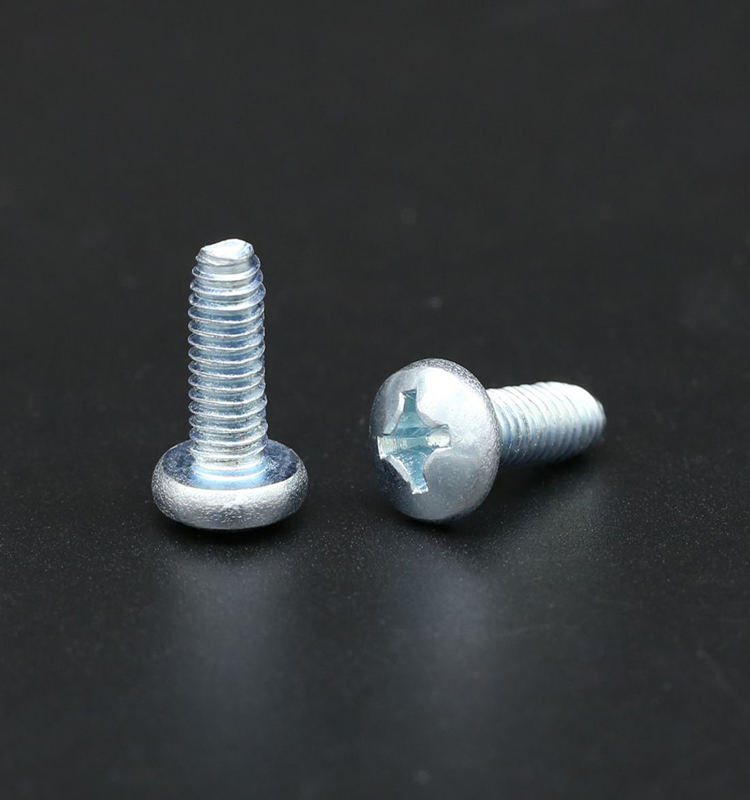
Phillips pan head triangular machine screw

Phillips pan head triangular machine screw

